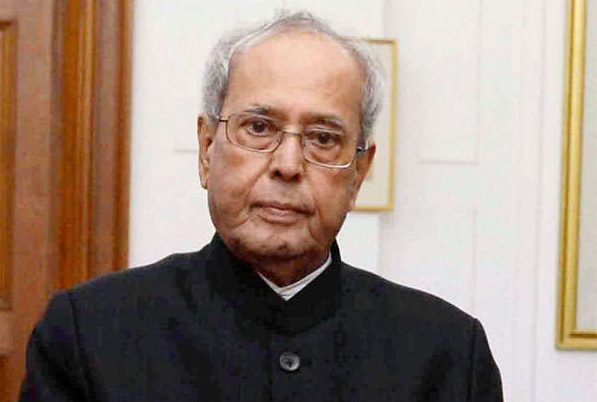Former President Pranab Mukherjee said on Thursday that the ongoing largely peaceful protests will help deepen the country’s democratic roots. He was speaking at the Sukumar Sen lecture, organised by the Election Commission of India, in New Delhi. Sukumar Sen was the first Chief Election Commissioner of independent India.
Mukherjee said that the young people over the past few months have come out on the streets in large numbers and voiced their opinions on matters “which in their view are important”. He added that their “assertion and belief” in the Constitution of India is particularly heartening to see”. While Mukherjee did not mention which protests these were, it is being assumed that he was perhaps mentioning the protests against the Citizenship Amendment Act (CAA), National Register of Citizens (NRC) and the National Population Register (NRC).
Pranab Mukherjee, a former Union Minister in the Congress government at the Centre has been with the party for decades, and former President of India. He said that “Indian Democracy has been tested time and again. Consensus is the lifeblood of Democracy. Democracy thrives on listening, deliberating, discussing, arguing and even dissent,” which was mentioned in his Twitter handle.
“The people’s mandate is sacrosanct and its sanctity supreme. The onus of ensuring this lies with the Election Commission,” he said.
The protests have been going on across the country by people and political parties who feel the CAA – passed by both houses of the Parliament in December 2019 – goes against the spirit of the Constitution. The Centre has been saying though that the CAA will help grant citizenship to persecuted minorities from three Muslim majority countries – Bangladesh, Pakistan and Afghanistan. But according to critics, it discriminates against Muslims. Thousands of students across the country have come out on the streets to protest the contentious CAA, and its implementation along with the NRC and the NPR.


Comments are closed.